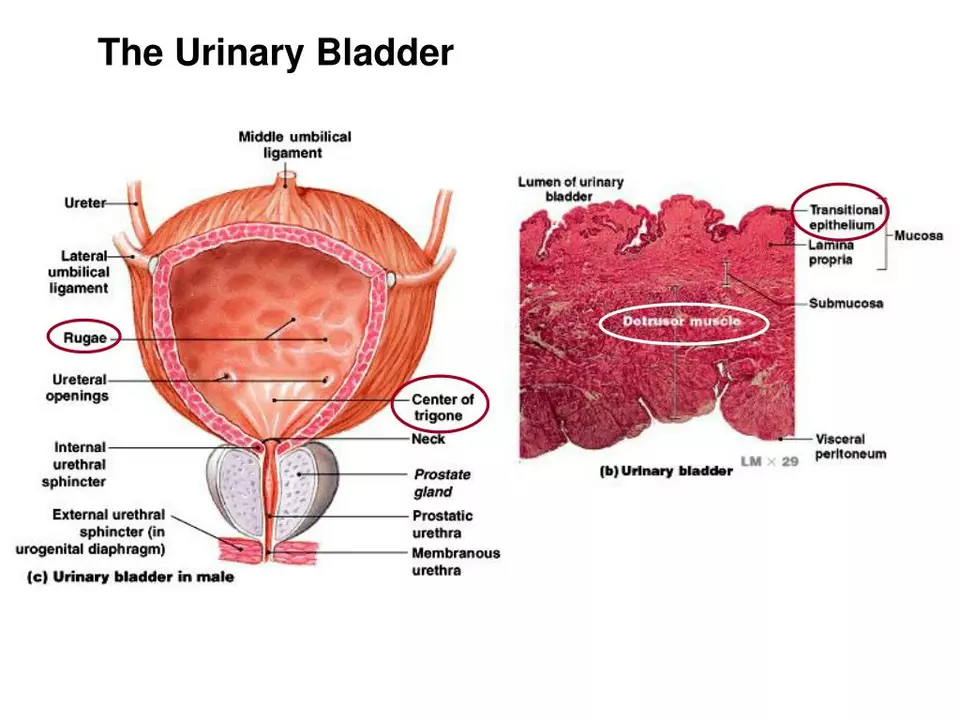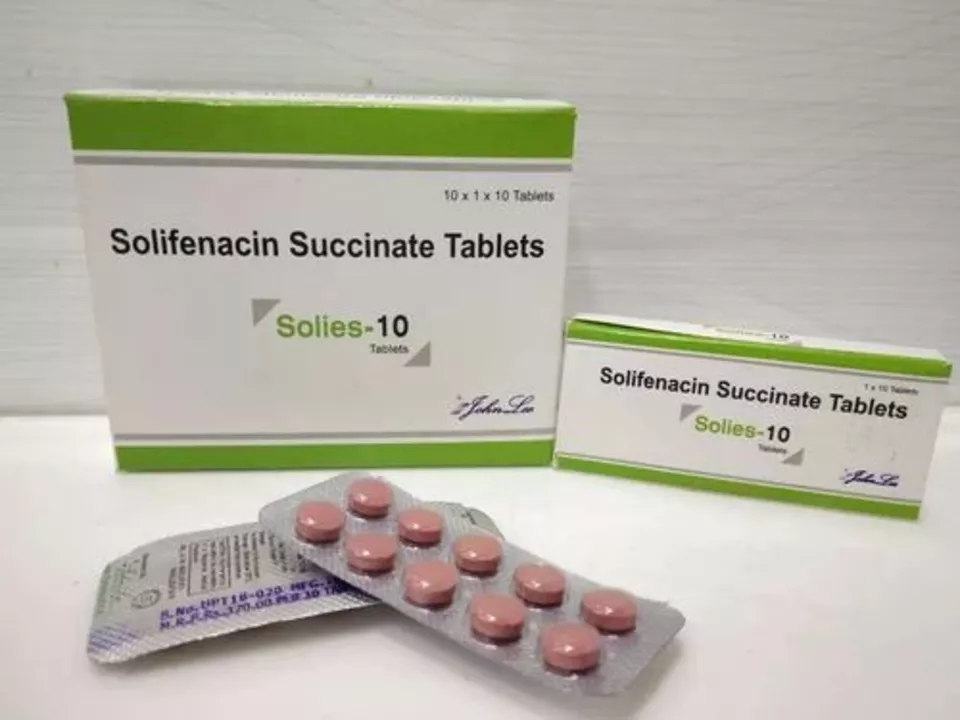Solifenacin (Vesicare) — What It Does and Who It Helps
If you rush to the bathroom or leak when you laugh, solifenacin may help reduce those sudden urges. About 1 in 6 adults report overactive bladder (OAB) symptoms, and solifenacin — often sold as Vesicare — is one common prescription that can cut down urgency, frequency, and urge leakage.
How solifenacin works and recommended dosing
Solifenacin is an antimuscarinic drug. That means it calms the bladder muscle so it doesn't contract as often. Most adults start at 5 mg once daily. If needed and tolerated, doctors may raise the dose to 10 mg once daily. Take it at the same time each day, with or without food.
Kidney or liver problems may require a lower dose or special monitoring. Never double up to make up for a missed dose; skip it and take the next scheduled dose.
Side effects, interactions and safety tips
Common side effects are dry mouth, constipation, blurred vision, and sometimes drowsiness. These often ease after a few weeks. Serious issues are rare but can include urinary retention (trouble peeing) and fast heartbeat. Stop the medicine and call your doctor if you can’t urinate, have severe stomach pain, high fever, or sudden vision changes.
Solifenacin interacts with strong CYP3A4 inhibitors like ketoconazole or clarithromycin, which can raise solifenacin levels and increase side effects. Combining it with other anticholinergic drugs (some antidepressants, antihistamines, or other bladder meds) can add side effects, including confusion in older adults. Mirabegron is a different class (beta-3 agonist) and may be used instead or alongside, but a healthcare provider needs to advise on combinations.
Don’t use solifenacin if you have uncontrolled narrow-angle glaucoma, serious urinary retention, or gastric retention. If you’re pregnant, breastfeeding, or over 65, discuss risks and benefits with your doctor—older adults can be more sensitive to cognitive side effects.
Looking for alternatives? Oxybutynin and tolterodine are other antimuscarinics. Mirabegron (Myrbetriq) works differently and often causes fewer dry-mouth problems. Behavioral options—bladder training, pelvic floor exercises, limiting late-night fluids—can help and are worth trying alongside medication.
Buying tips: solifenacin is a prescription drug. Use licensed pharmacies and avoid sites that don’t require a prescription. Secure-Tab's Pharma Store provides clear safety info and a safe-shop policy so you can check credentials and buying rules before ordering. Always keep your prescriber in the loop when trying a new treatment.
If you’re unsure whether solifenacin fits your situation, ask your clinician about expected benefits in your case, possible side effects, and how long to try it before deciding if it’s helping. Small changes in lifestyle and the right medicine together often make the biggest difference.
How to talk to your doctor about Solifenacin and overactive bladder
As someone dealing with an overactive bladder, I know how important it is to have open communication with my doctor. Before my appointment, I plan to research Solifenacin to understand how it might help me. I'll make a list of questions and concerns I have about the medication, such as potential side effects and how it may interact with other medications I'm taking. During my appointment, I'll be honest about my symptoms and discuss my findings with my doctor, making sure to address all my concerns. Together, we'll decide if Solifenacin is the right treatment option for my overactive bladder.
read moreHow to talk to your doctor about Solifenacin and overactive bladder
In my recent quest to manage my overactive bladder, I've discovered Solifenacin as a potential solution. To discuss this option with my doctor, I plan on mentioning my symptoms, my research on Solifenacin, and my concerns about side effects. I'll also ask about possible alternatives and my doctor's experience with prescribing Solifenacin to other patients. By being open and honest about my needs and concerns, I hope to have a productive conversation with my doctor and find the best solution for managing my overactive bladder.
read more
